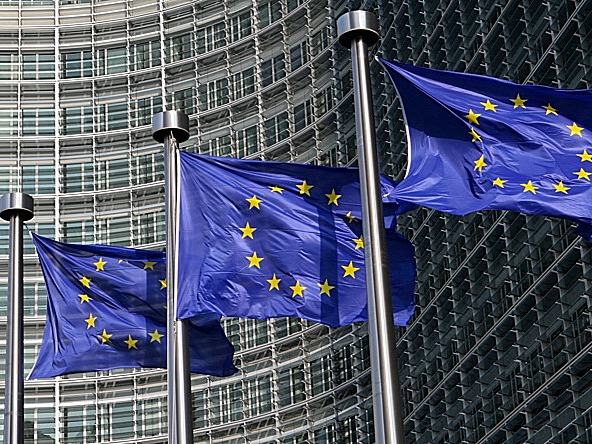EU parliament backs AI restrictions and facial recognition ban

On Thursday, the Internal Market Committee and the Civil Liberties Committee adopted a draft negotiating mandate on the EU’s first rules for AI, with 84 votes in favour, seven against and 12 abstentions.
MEPs substantially amended the European Commission’s proposals to include bans on “intrusive and discriminatory” uses of AI systems.
Areas covered by the ban include real-time remote biometric identification systems in publicly accessible spaces, such as facial recognition, and indiscriminate scraping of biometric data from social media or CCTV footage to create facial recognition databases.
Emotion recognition systems in law enforcement, border management, workplaces and educational institutions, predictive policing systems based on profiling, location or past criminal behaviour, and biometric categorisation systems using sensitive characteristics are also included in the ban.
MEPs also expanded the classification of high-risk areas of AI to include harm to people’s health, safety, fundamental rights or the environment, as well as use to influence elections.
The rules also include obligations for providers of foundation models to guarantee robust protection of fundamental rights, health and safety and the environment, democracy and rule of law.
AI foundation model providers would be required to assess and mitigate risks, comply with design, information and environmental requirements, and register in the EU database.
Generative foundation models, like ChatGPT, would have to comply with additional transparency requirements, like disclosing that content was generated by AI, designing the model to prevent it from generating illegal content and publishing summaries of copyrighted data used for training.
Exemptions to the rules were created for research activities and AI components provided under open-source licenses, and promotes regulatory sandboxes, or controlled environments, established by public authorities to test AI before its deployment.
The EU AI Office would be tasked with monitoring how the AI rulebook is implemented.
The amended reforms will go to a further vote in the European parliament in June, after which the EU Commission, member states and lawmakers will enter into further discussions.
After the vote, Italian co-rapporteur Brando Benifei said: “It is crucial to build citizens’ trust in the development of AI, to set the European way for dealing with the extraordinary changes that are already happening, as well as to steer the political debate on AI at the global level.
“We are confident our text balances the protection of fundamental rights with the need to provide legal certainty to businesses and stimulate innovation in Europe.”
Romanian co-rapporteur Dragos Tudorache added: “Given the profound transformative impact AI will have on our societies and economies, the AI Act is very likely the most important piece of legislation in this mandate.
“We have worked to support AI innovation in Europe and to give start-ups, SMEs and industry space to grow and innovate, while protecting fundamental rights, strengthening democratic oversight and ensuring a mature system of AI governance and enforcement.”

We hope you enjoyed this article.
Research Live is published by MRS.
The Market Research Society (MRS) exists to promote and protect the research sector, showcasing how research delivers impact for businesses and government.
Members of MRS enjoy many benefits including tailoured policy guidance, discounts on training and conferences, and access to member-only content.
For example, there's an archive of winning case studies from over a decade of MRS Awards.
Find out more about the benefits of joining MRS here.














0 Comments